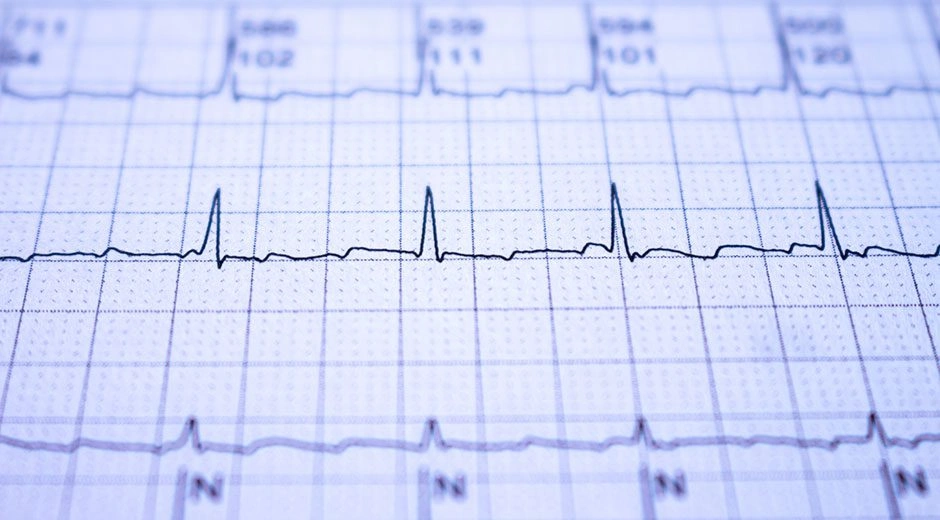Marsha, 78, recently had a second mild stroke, prompting her doctor to refer her to a cardiologist. Marsha is physically active, does not have any chronic medical problems, eats a nutritious diet, and maintains a healthy weight. Marsha agreed to see the cardiologist, but wondered why someone with her medical history would need an evaluation.
Marsha’s cardiologist scheduled an EKG to assess her heart rhythm and an echocardiogram, an ultrasound to look at the structure of her heart, before the appointment. Neither test revealed any abnormalities. Since her cardiologist suspected that atrial fibrillation was the cause of her strokes, the next step was to schedule a 24-hour Holter monitor.
The Holter monitor showed that Marsha’s heart went into atrial fibrillation several times during the day. The cardiologist prescribed medications to control her heart rhythm and decrease her risk of blood clots. Unfortunately, Marsha had another stroke. With no family nearby, it was clear that Marsha needed help if she wanted to continue to live independently.




